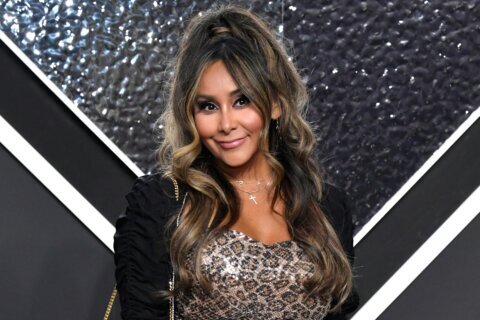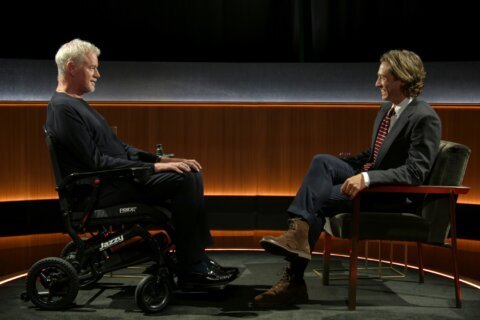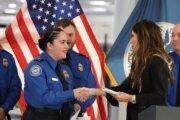Books have long been the source of changing perspectives, but not without some controversy.
In 2018, at least 347 challenges were filed seeking to remove 483 books from libraries or schools, according to a recent news release from the American Library Association (ALA), a sponsor of Banned Books Week, which runs September 22-28.
The annual event started in 1982, the same year the Supreme Court ruled that students’ First Amendment rights were violated when Kurt Vonnegut’s “Slaughterhouse-Five” and eight other books were removed from school libraries. Since then, books such as the “Harry Potter” series and “The Adventures of Captain Underpants” have made the list.
Despite the legal precedent, schools and libraries still receive formal challenges to remove books from library shelves or nix them from reading lists to protect children from material some people see as inappropriate.
In 2018, more than half the books that drew complaints did so because they contained LGBTQIA+ content, the ALA said. Other reasons include profanity, sexually explicit content, religious viewpoints and materials that candidly portray injustices and inequality experienced by people of color.
These 11 are the most-challenged books of 2018:
“George,” by Alex Gino
This children’s novel made the list because it features a transgender character, according to the ALA.
“A Day in the Life of Marlon Bundo,” by Jill Twiss, illustrated by E. G. Keller
The American Library Association reports LGBTQIA+ content, political and religious viewpoints are among the reasons why this book was challenged.
“Captain Underpants” series, written and illustrated by Dav Pilkey
This book made the list because it includes a same-sex couple, which those calling for the ban perceived as encouraging disruptive behavior, the ALA said.
“The Hate U Give,” by Angie Thomas
Thomas’ debut novel, written as a reaction to the police shooting of Oscar Grant, includes drug use, profanity and sexual references, which are reasons it was challenged. It was also deemed “anti-cop,” according to the ALA.
“Drama,” written and illustrated by Raina Telgemeier
This graphic novel is on the list because it features LGBTQIA+ characters and themes.
“Thirteen Reasons Why,” by Jay Asher
A novel turned Netflix series centers around teen suicide, which is the reason the ALA said it made the list.
“This One Summer,” by Mariko Tamaki, illustrated by Jillian Tamaki
A coming-of-age story is illustrated in this graphic novel and was banned or challenged because of certain illustrations and because it includes profanity and sexual references.
“Skippyjon Jones” series, written and illustrated by Judy Schachner
A Siamese cat takes center stage in this children’s picture book. It made the list due to its depiction of cultural stereotypes, the ALA said.
“The Absolutely True Diary of a Part-Time Indian,” by Sherman Alexie
This novel was challenged or banned due to its inclusion of profanity, sexual references and its religious viewpoint.
“This Day in June,” by Gayle E. Pitman, illustrated by Kristyna Litten
This picture book illustrates a Pride parade, and its inclusion of LGBTQIA+ content is the reason it was challenged or banned.
“Two Boys Kissing,” by David Levithan
If the title isn’t obvious, the young adult novel explores gay teens journey to love and acceptance. It was challenged due to its LGBTQIA+ content.







